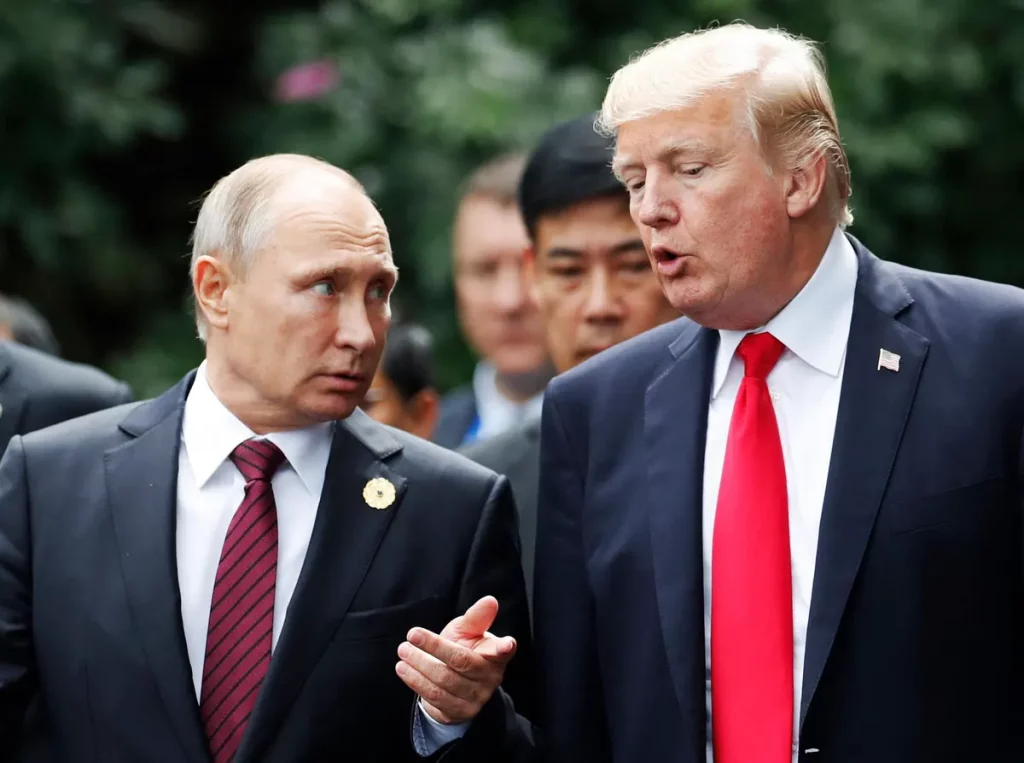By Richie Olaka
The Horn of Africa continues to be trapped in a never-ending cycle of conflict, displacement of populations, and runaway insecurity. If we are to achieve stability, Stronger regional cooperation is no longer an option.
Despite many challenges, the Intergovernmental Authority on Development (IGAD), the East African Community (EAC), and other regional bodies are working to reduce violent conflicts. It is time for countries in the Horn to strengthen their cooperation to solve this challenge meaningfully.
Attaining lasting peace in the Horn of Africa region involves an intricate web. Vibrant regional bodies are at the core of this web. These bodies can call out and sanction members for shrinking democratic spaces, abusing human rights, and engaging in other vices that escalate conflicts. Regional bodies can also institute frameworks for response mechanisms, including managing refugees and internally displaced persons.
We need to leverage existing regional mechanisms and enhance the commitment of member states to executing these mechanisms. IGAD, for example, is uniquely positioned to champion regional peace and security. The organization’s membership is drawn from all Horn of Africa nations. IGAD has been heavily involved in peace processes, including the peace process in South Sudan.
The regional body has had successes, such as the strides made within the Karamoja cluster to broker peace. However, it has faced challenges, including insufficient enforcement mechanisms and funding difficulties.
IGAD member states must develop an enforcement mechanism for the body and increase their commitment to better funding this institution. Member states’ increased commitment to IGAD will massively boost regional peace and security.
The East African Community has also made efforts toward regional peace and stability. Its expanded membership to include Somalia and the Democratic Republic of Congo has increased its potential.
The Community’s efforts to maintain peace in the region are worth noting. They include deploying the East Africa Standby Force to the DRC and other initiatives. Despite the challenges and politics around the force’s mission to the DRC, deploying a regional force was a step in the right direction.
With increased support from member states and an enhanced coordination mandate, the EAC Standby Force can play a more significant role in securing the region.
Peace goes hand in hand with development. Meaningful development calls for more extraordinary efforts toward peace and security. The EAC, IGAD, and other regional actors need greater synergy for a peaceful region.
Peace in the Horn will enable the region to achieve greater regional economic cooperation. According to the World Bank, conflicts cost the Horn of Africa region $13 billion annually. These funds would have otherwise gone into human capital development projects and other development initiatives.
Regional efforts will also help manage and respond to conflicts better. Take the refugee crisis as an example. In 2024, the UNHCR estimated that 4.5 million refugees were hosted in the region. Horn Countries are both sources and host nations for refugees.
Greater regional cooperation can address and reduce forced displacement. Strengthened regional bodies can champion peer review mechanisms to promote good governance and democracy.
Stronger regional bodies also encourage people-to-people interaction and the movement of labor and capital. According to the Institute for Economics and Peace, a global peace consortium, a sound business environment, cordial relations at the state level, and other facets are building blocks for peace.
Non-state actors, including faith communities, civil society, businesses, and community-led initiatives, also play a role in regional peace. Rotary International is one such body. Rotary International champions regional peace and stability in several ways.
On 10 January 2025, Rotary Uganda hosted the 4th edition of the Africa Peace Concert, aiming to raise $500,000. Proceeds from the event were channeled to the Makerere University Rotary Peace Center. The center, alongside other Rotary Peace centers in Europe, Asia, Australia, and America, has trained over 1700 leaders from across the globe in peacebuilding and development.
Under the leadership of Rotary International President Stephanie Ulrich, peace leaders from around the world will convene at its 2025 Presidential Peace Conference in February in Istanbul, Türkiye, to address pressing issues such as reducing polarization, the role of technology in peace and the intersection of environmental challenges and peace.
Themed “Healing in a Divided World,” the event will assemble peace ambassadors, Rotary members, partner organizations, and Rotary Peace Center alumni to explore ways to build more peaceful, inclusive, and resilient communities and share strategies for a more peaceful world, including resolving conflicts and fostering stability in regions like the Horn of Africa.
The future of the Horn of Africa will be defined by its ability to strengthen regional cooperation as a pathway to peace. Regional bodies, including IGAD and EAC, must rise above mere rhetoric and be strengthened to acquire robust mechanisms to address regional peace and security challenges.
Despite existing challenges in the Horn, the people of the Horn have shown remarkable resilience and willpower. The Horn and its people have weathered insurmountable challenges. Strengthened regional bodies will add to their triumphs. Let this be the era of cooperation over conflict.
Richie Olaka is a Rotary International Peace Fellow
Source: capitalfm





